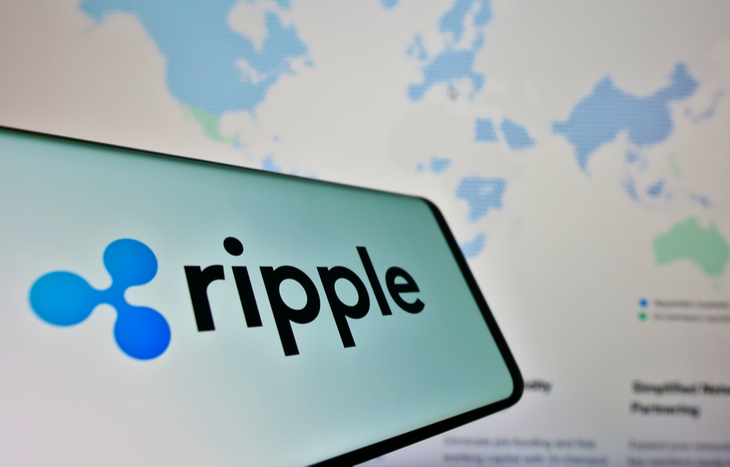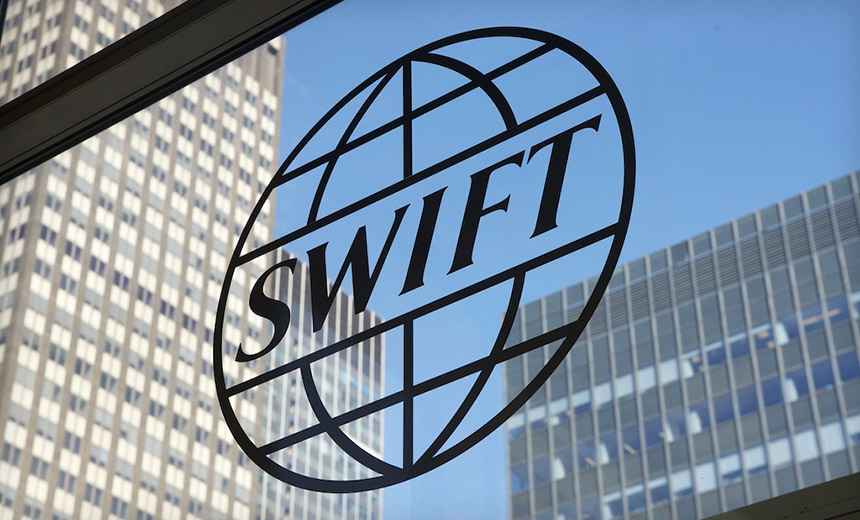Ripple Set To Initiate Talks with US Financial Firms In Q3 Following Favorable Court Ruling
Key Points:
- Ripple plans to start negotiations with US financial institutions in Q3 for the adoption of its ODL product, leveraging XRP for money transfers.
- A recent court ruling determined that XRP is not a security, boosting Ripple’s confidence in attracting American banks to use its ODL product.
- The company aims to address real-world challenges in cross-border transactions and spark conversations with potential customers to generate new business opportunities.
According to a recent CNBC interview with Ripple’s general counsel, Stu Alderoty, the company is expected to commence negotiations with US financial institutions in the third quarter regarding the adoption of its On-Demand Liquidity (ODL) product.
This product utilizes XRP cryptocurrency for efficient money transfers. Ripple’s optimism stems from a recent court ruling that granted the company a partial victory in its legal battle against the US Securities and Exchange Commission (SEC).
Last week, a New York judge delivered a significant ruling stating that XRP itself is not inherently security, countering some of the SEC’s claims against Ripple. The company has been embroiled in a legal dispute with the regulatory body for the past three years, accused of conducting an illegal offering of $1.3 billion through XRP sales. Ripple vehemently denied the allegations, asserting that XRP should be classified as a commodity rather than a security.
The court battle had adverse consequences for Ripple, leading to losing a customer and investor, with MoneyGram terminating its partnership with the company in March 2021. Additionally, Tetragon, a UK-based investor that previously supported the company, sold its stake back to the company after an unsuccessful attempt to sue for redemption.
In light of the court ruling, Ripple’s general counsel expressed optimism about American banks potentially resuming their utilization of the company’s ODL product. Alderoty stated that the decision could give financial institutions the confidence to discuss the real-world challenges they face in cross-border value transfers without incurring exorbitant fees.
Ripple’s adoption of blockchain technology facilitates secure message transfers between banks, effectively offering an alternative to the traditional Society for Worldwide Interbank Financial Telecommunication (SWIFT) system.
While the company primarily derives its business from outside the United States, the company aims to spark conversations with US customers in the current quarter, potentially leading to new business opportunities. Ripple’s workforce consists of approximately 750 employees globally, half of whom are based in the US.
XRP, Ripple’s cryptocurrency, acts as a bridge currency, enabling seamless money transfers between different fiat currencies without the need for pre-funded accounts. The company emphasizes that XRP can facilitate rapid money movements within seconds.
Although the court ruling was favorable in certain aspects, it was not a complete victory for Ripple. The judge determined that some sales of XRP qualified as securities transactions. Notably, sales totaling around $728.9 million made to institutional buyers were deemed securities due to the presence of a common enterprise and an expectation of profit.
Alderoty acknowledged that Ripple would thoroughly examine the court’s decision to assess its implications for the company’s operations. While the ruling on institutional sales may require further scrutiny, Ripple’s existing business is largely unaffected, as its customer base predominantly resides outside the United States.
As the company prepares to engage in negotiations with US financial institutions, it remains determined to leverage its ODL product and capitalize on the opportunities offered by favorable legal developments. The outcome of these discussions may shape the future landscape of cross-border transactions and Ripple’s position within the financial industry.
DISCLAIMER: The information on this website is provided as general market commentary and does not constitute investment advice. We encourage you to do your own research before investing.






















